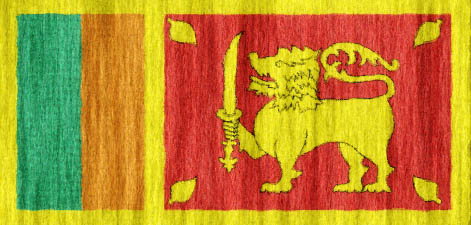DPA
Colombo
A crucial amendment to Sri Lanka’s constitution aimed at pruning presidential powers was moved in the parliament yesterday, as part of reforms promised by new President Maithripala Sirisena during his election campaign.
Prime Minister Ranil Wickremesinghe tabled the draft Bill for the 19th amendment to the constitution in the parliament, after it received the cabinet
approval on March 15.
The main proposals of the draft bill include converting the present presidential form of government to a Presidential- Parliamentary system of
government.
The draft bill prunes presidential powers to make the position answerable to the parliament.
According to the draft bill, the president would lose the power to dissolve parliament after an year of its election.
The new reforms will also mean that the president cannot dissolve the parliament until four-year of election. It also proposes to restrict a president’s terms to two.
It proposes to restore the constitution’s 17th amendment, rendered void in 2010. The 17th amendment proposes to set up independent commissions in key areas of governance, elections, police, public service and
judiciary.
Sirisena, who defeated his predecessor Mahinda Rajapakse in the January 8 presidential polls, was elected on his reform pledges, foremost among them were scaling back presidential powers in order to strengthen the parliament.
His unity government has been under pressure to adopt the pledged reforms within 100 days of its rule by April 23.
The draft bill needs support of all major political parties, in order to be enacted into a law. The new Sirisena government expects cross-party support for the move.
However, some of Sirisena’s rainbow collation partners are unhappy with the 19th
amendment.
The Buddhist nationalist JHU, a main backer of Sirisena against Rajapakse in the January 8 polls, stays opposed to the pruning of presidential powers to make the post of prime
minister stronger.
To secure the parliamentary approval, Sirisena on Sunday appointed his Sri Lanka Freedom Party (SLFP) members as ministers.

